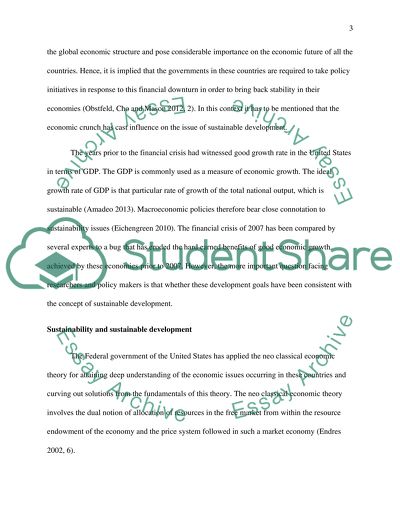Cite this document
(“Responding to the global economic crisis can lead to a more Essay”, n.d.)
Responding to the global economic crisis can lead to a more Essay. Retrieved from https://studentshare.org/macro-microeconomics/1482446-economics-and-sustainability-essay
Responding to the global economic crisis can lead to a more Essay. Retrieved from https://studentshare.org/macro-microeconomics/1482446-economics-and-sustainability-essay
(Responding to the Global Economic Crisis Can Lead to a More Essay)
Responding to the Global Economic Crisis Can Lead to a More Essay. https://studentshare.org/macro-microeconomics/1482446-economics-and-sustainability-essay.
Responding to the Global Economic Crisis Can Lead to a More Essay. https://studentshare.org/macro-microeconomics/1482446-economics-and-sustainability-essay.
“Responding to the Global Economic Crisis Can Lead to a More Essay”, n.d. https://studentshare.org/macro-microeconomics/1482446-economics-and-sustainability-essay.


